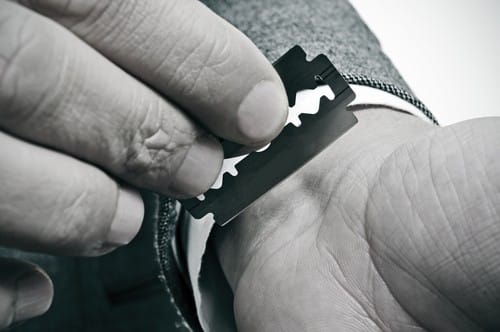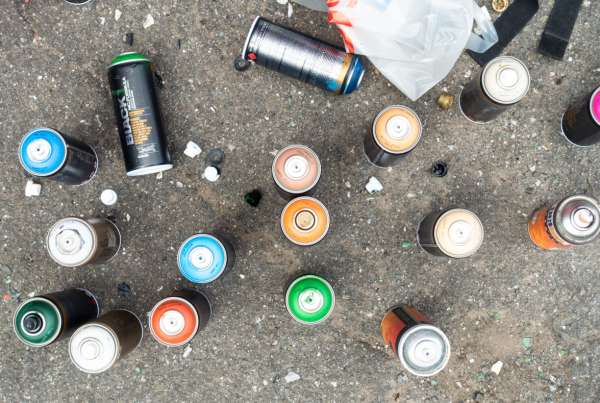The National Center on Addiction and Substance Abuse at Columbia University’s (CASA Columbia) recently published

their 16th annual
back-to-school survey which takes a look at adolescent behaviors regarding substance abuse in relation to social media. CASA Columbia took a look at American teens ages 12-17, their social media use and how it might ultimately affect their alcohol and drug abuse behaviors, and parent involvement or lack thereof. The findings, though not terribly surprising, were substantial: “70% of teens report spending time on social networking sites on a typical day,” which come out to approximately 17 million 12-17 year olds doing participating in some sort of social media activity on a typical day.
With the naturally
uncensored dynamics of teen behavior, the typical day-to-day posts can range anywhere from being tagged in a drunken photo from the previous weekend’s house party to the false braggadocio of one’s sexual prowess. From the outside looking in, sites like Facebook and MySpace certainly show implications of promoting an environment of peer pressure. After looking at the results from this study, that impression is pretty spot on:
“Compared to teens that have never seen pictures of kids getting drunk, passed out, or using drugs on social networking sites, teens that have seen these images are:
• Three times likelier to use alcohol;
• Four times likelier to use marijuana;
• Four times likelier to be able to get marijuana, almost three times likelier to be able to get controlled prescription drugs without a prescription, and more than twice as likely to be able to get alcohol in a day or less; and
• Much likelier to have friends and classmates who abuse illegal and prescription drugs.”
Where parents tend to fall flat is in relation to their ignorance and denial of the powerful effects of suggestion, a key factor associated with the subversive allure of social media sites. Parents must be careful not to adopt the “Not my child” attitude and get informed instead. According to the CASA study, “Eighty-seven percent of parents said they think spending time on social networking sites does not make it more likely their child will drink alcohol; 89 percent of parents felt it would not make their child more likely to use drugs.” That’s not a particularly positive result, and frankly, it confirms the high level of denial that aids and abets the social media petri dish of reckless behavior.
This isn’t hopeless, though. The results of the CASA study present an opportunity for change. It’s a chance for us fuddy-duddy adults to learn to look at the world from the lenses of our kids. We were teens once, too, and though memories are often clouded, it behooves us to remember that we were once reckless and secretive and convinced that our parents were the enemy.
Joseph A. Califano, Jr., CASA Columbia’s Founder and Chairman and former U.S. Secretary of Health, Education, and Welfare suggests the need for parents to “give their children the will and skill to keep their heads above the water of the corrupting cultural currents their children must navigate.” While I agree that our kids need the skills and strength of character to manage social media, I think we need to be careful not to incite a sense of imminent fear, but instead look at the results of this study as something from which we can nurture an opportunity for
behavioral metamorphosis. Growing up is scary enough.









